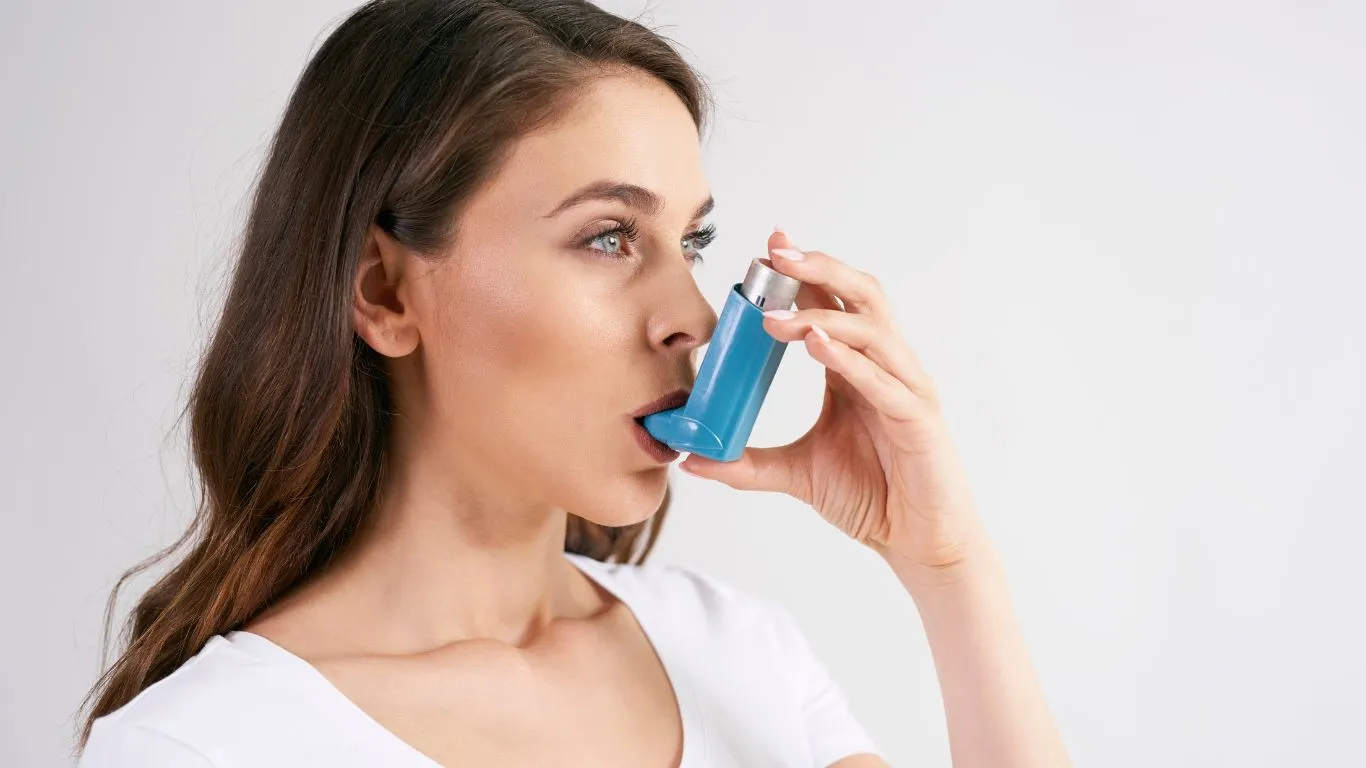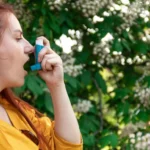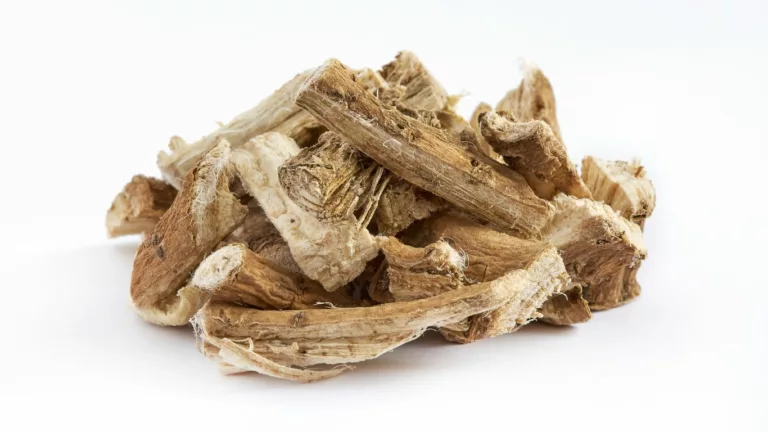Asthma and Seasonal Allergies: A Complete Guide to Managing Symptoms
Asthma and seasonal allergies often go hand-in-hand, and if you’re dealing with both, it can feel like a double whammy for your respiratory system. So, what’s the deal with this connection, and how can you manage it effectively? Let’s dive in and break it down.

Understanding Asthma and Seasonal Allergies
Asthma is a chronic condition where your airways become inflamed and narrowed, making it harder to breathe. It can be triggered by various factors like cold air, smoke, exercise, and, of course, allergens like pollen, mold, and dust. On the other hand, seasonal allergies (also called hay fever) occur when your immune system overreacts to substances in the environment, typically pollen, dust, or mold. The key issue here? Both asthma and allergies affect your lungs and airways, making them especially tricky to deal with when they occur together. 
How Do Asthma and Seasonal Allergies Relate?
Seasonal allergies can actually trigger asthma symptoms in people who already have the condition. When you inhale allergens like pollen, your immune system overreacts by releasing chemicals like histamine, which causes inflammation in your airways. For someone with asthma, this can lead to increased asthma symptoms such as wheezing, coughing, and shortness of breath. Essentially, the pollen that’s causing your allergies might also be making your asthma worse. This makes managing both conditions at the same time even more important. 
Common Symptoms of Asthma and Seasonal Allergies
If you’ve got asthma and seasonal allergies, you might notice the following overlapping symptoms:
Asthma Symptoms:
- Wheezing (a whistling sound when you breathe)
- Shortness of breath
- Chest tightness
- Persistent cough, especially at night or early in the morning
Seasonal Allergy Symptoms:
- Sneezing
- Runny or stuffy nose
- Itchy or watery eyes
- Scratchy throat
- Postnasal drip (a tickling feeling in your throat)
If both asthma and allergies flare up at the same time, you might experience severe breathing difficulties, especially in pollen-heavy seasons like spring and fall.
How to Manage Asthma and Seasonal Allergies Together
Managing both asthma and seasonal allergies involves controlling triggers, using the right medications, and making lifestyle changes. Here’s a breakdown of how to tackle both at once:
1. Monitor Air Quality and Pollen Levels
Keep an eye on the weather reports, especially during allergy seasons when pollen levels tend to be high. Apps and websites like Pollen.com can give you real-time updates on the pollen count in your area. On days with high pollen levels, try to limit outdoor activities, especially during the early morning and evening hours when pollen is most prevalent.
2. Use Allergy Medications
Allergy medications, such as antihistamines, decongestants, or nasal corticosteroids, can help reduce the symptoms of seasonal allergies. These medications help with things like sneezing, runny nose, and itchy eyes. Talk to your doctor about which allergy meds are safe to use alongside your asthma treatments.
3. Keep Your Asthma Under Control
Managing your asthma is key to preventing flare-ups, especially during allergy season. Make sure you’re using your inhalers correctly and as prescribed. If you’re on a preventer inhaler, take it daily as directed, even if you’re feeling fine. Rescue inhalers (like albuterol) are for emergencies, but if you find yourself relying on them frequently, it might be time to check in with your doctor about adjusting your asthma treatment. 
4. Clean and Ventilate Your Home
Your home can be a major source of allergens. Regularly cleaning your living spaces can help reduce dust, mold, and pollen buildup. Use a vacuum cleaner with a HEPA filter, wash your bedding in hot water, and keep your windows closed on high-pollen days. You can also use an air purifier to filter allergens out of the air.
5. Consider Allergy Shots (Immunotherapy)
For long-term relief, allergy shots (immunotherapy) can help your immune system gradually become less sensitive to allergens. These shots are typically administered over the course of several months and can significantly reduce allergic reactions over time. Talk to your doctor to see if this is a good option for you.
Lifestyle Tips for Asthma and Seasonal Allergy Sufferers
Managing asthma and seasonal allergies isn’t just about medication. Here are some lifestyle changes that can help you feel better:
Stay hydrated
Drinking plenty of water helps thin mucus and can make breathing easier.
Exercise indoors
If you’re an active person, try to exercise indoors during allergy season to avoid breathing in pollen.
Wear sunglasses and a mask
Sunglasses can help keep pollen out of your eyes, and wearing a mask while doing yard work or walking outside can reduce the amount of pollen you breathe in.
Shower after being outdoors
Pollen can cling to your hair and skin, so washing up when you come inside can help keep it from triggering allergy symptoms.
Conclusion
Living with both asthma and seasonal allergies can be challenging, but it’s definitely manageable. With the right treatments and lifestyle changes, you can keep your symptoms under control and breathe easy. Always work with your healthcare provider to find the best plan for your needs, and don’t hesitate to make adjustments as allergy seasons change.
Appendices
FAQs
- Can asthma be triggered by seasonal allergies? Yes, seasonal allergies can trigger asthma symptoms by causing inflammation in the airways, making breathing difficult. Pollen is one of the most common allergens that can worsen asthma.
- What’s the best way to treat asthma during allergy season? The best treatment for asthma during allergy season includes a combination of managing allergies with antihistamines or nasal sprays and keeping asthma under control with prescribed inhalers. Always follow your doctor’s advice.
- Can allergy medications worsen asthma? Some allergy medications, like decongestants, can cause side effects such as increased heart rate, which could potentially worsen asthma in some people. Always consult your doctor before starting new medications.
- Should I avoid going outside when pollen levels are high? Yes, it’s a good idea to stay indoors when pollen levels are high to reduce exposure to allergens. If you need to go outside, try wearing sunglasses, a mask, and limiting outdoor time to the morning or evening when pollen is lower.
- Are there any natural remedies for asthma and seasonal allergies? Some people find relief from asthma and allergy symptoms with natural remedies like honey (which may help with allergies) or breathing exercises. However, these should not replace prescribed medications—always check with your doctor.
References
- American Lung Association. (2024). Managing Asthma and Allergies. Retrieved from https://www.lung.org/
- Mayo Clinic. (2023). Asthma and Seasonal Allergies: How They’re Connected













